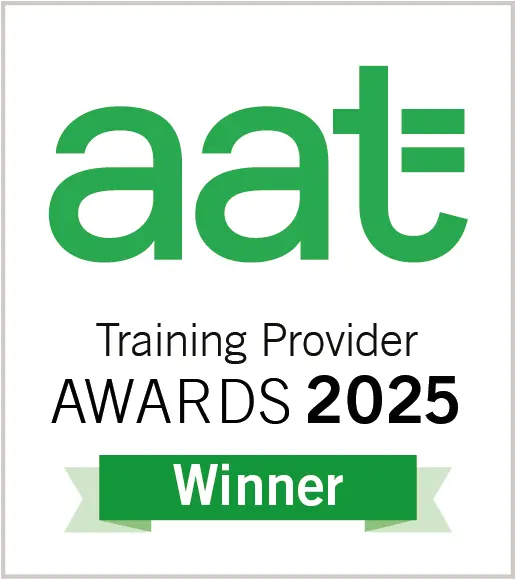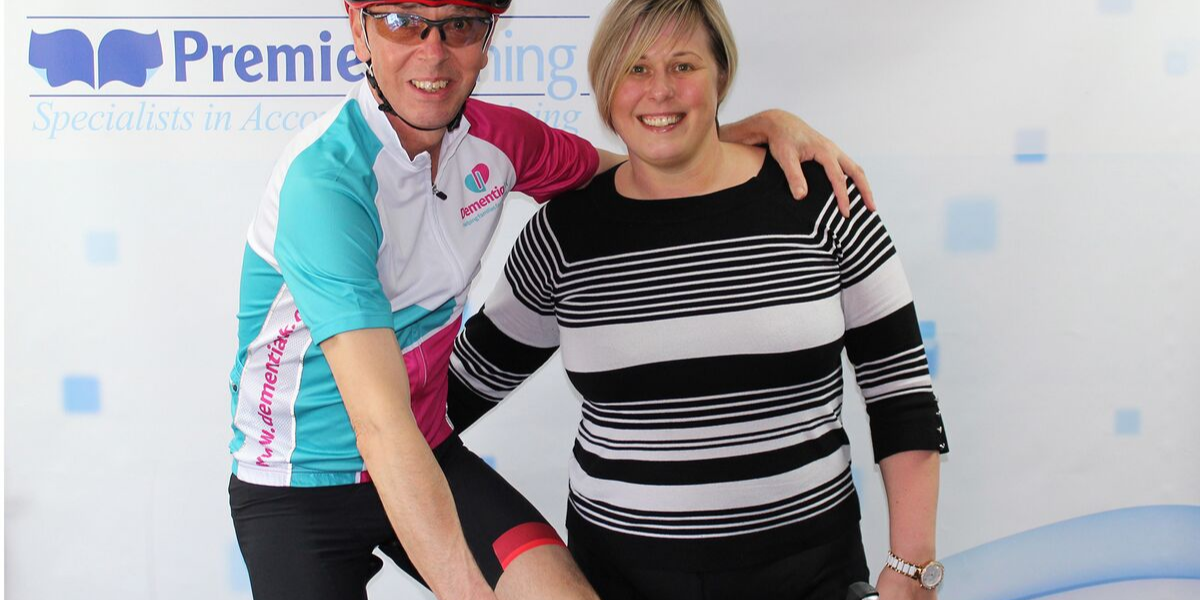During the summer of 2016 my Wife Julie and I were on holiday in Argeles-sur-Mer on France’s Mediterranean coast. The weather was spectacular, and on a whim, we decided to hire bikes to allow us to more comprehensively explore the area, without having to resort to a car. We thoroughly enjoyed the experience and even relied on our newly found freedom to go out in the evenings. On our return home, we continued to go out for weekend rides on a couple of very ancient Raleigh’s that were more than past their best.
By mutual consent and after waiting for the “Black” Friday deals we bought two Hybrid bikes as joint Christmas presents. Despite being in the depths of winter we continued with infrequent rides whenever the weather wasn’t too bad. My commute to work is a 32 mile round trip and it occurred to me that riding to work and the accompanying benefits to my health and the environment were eminently achievable. Towards the end of February 2017 I cycled to work for the first time, and found the going very difficult. I’d planned to ride just one way and left my bike at work to collect the following day.
With a Son and three Son-in-Laws, two of whom were very capable riders, I couldn’t help but feel some embarrassment at my feeble attempt, and decided to increase the frequency of my rides. From a work colleague I heard about the “Love To Ride NE Lincs” initiative to encourage people to cycle to work, and increased my number of commutes; round trips, not just one-way. By the end of August I was close to riding 1,500 miles and the temptation to acquire a more streamlined bike was just too much to resist. One of our Son-in-Laws was upgrading his bike and I bought his old one; not the lightest top of the range model, but it certainly allowed me to increase the range and frequency of my rides.
During a team meeting towards the end of the year our Operations Director, Rose Crockett, expressed a desire to see us play a more active role in helping the local community and raising money for charitable organisations. We were already sponsoring a local football team, and from my communication with AAT students, I’d noted how frequently the subject of dementia came up. How difficult it could be to fit study time around caring for a relative was a frequent area of concern. I mentioned this in the meeting, and Rose’s immediate response was something along the lines of “if you go in for a 100 mile organised event, the company will double whatever you raise”. I accepted the challenge and agreed to look at what was available locally.
- Richard and Sam
- Richard at Premier Training
- Pre Sportive Rain Practice
- Through the Finishing Line
- Half Way Through
- Almost There
- Back on Two Feet with Son Inspecting Time
- Stats Analysis with Son and Son-in-Law
- Five and a Half Hours Confirmed
- Muddy Forehead with Harry looking on
Through the Summer and Autumn I had ridden two short Sportives organised by Sportive HQ, and hadn’t really paid any attention to their more demanding rides. By coincidence, over the Christmas period of 2017 I was challenged by one of our Son-in-Laws to complete the 100 mile ride as opposed to the shorter one, at the Flat n Fast 100 Sportive in June 2018; I was now committed to the 100 mile ride. I fully expected to be the last one of our group of four to finish the ride, and by way of compensation, I wanted to take something positive from the experience. Dementia is a truly awful condition and one that seems to be affecting a growing number of people and families. This was my opportunity to play my part, albeit a very small part, in helping to raise funds for what is truly a most deserving cause.
After accepting the Flat n Fast 100 “challenge” my first step was to search online for articles about successful cycling for people in their fifties. This led me to the “Time Crunched Cyclist” by Chris Carmichael which promised to fulfil my objectives of improving my performance with only limited time available. I read probably half-way through the book when he commented that the “Time Crunched Training Programme” works, but not as effectively as having a local qualified coach. I had heard of Vicky Loftus, a local coach who devoted a lot of her time in our local community to supporting inexperienced riders and children to be able to cycle confidently and competently.
I contacted Vicky in early February and she agreed to support me with training for the ride. I promptly received the outline of a 16 week training plan and at the end of each week a revised plan for the subsequent week. My main concern was that I may not be able to actually ride 100 miles and how disappointing that would be for the people who I hoped would sponsor me. My goal was to ride the 100 miles within a moving time of 6 hours, and this was specifically what Vicky’s plan focused on. The training was gruelling and involved being on my bike by 6:00a.m.five days a week with different training goals depending on my previous week’s performance. In the last five weeks prior to the Sportive I cycled just over 1,000 miles followed by a short period of recovery prior to the big day.
Despite the earlier forecasts for June 2nd looking very promising the weather didn’t disappoint; it started with a light drizzle and within an hour heavy rain. It was a very demanding ride and when the going got really tough I concentrated on the goal of being able to raise as much money as I could, and not completing the 100 miles just wasn’t an option. The weather improved in the second half of the ride and by 75 miles I had just about “dried off”. I don’t recall ever being quite so filthy but at least it started to flake off as my clothing dried.
As I rode through the finishing line I hardly dare look at my cycling computer, but there it was; 100 miles in 5 hours 32 minutes. Quite unexpectedly, as I approached the finishing line I was almost overwhelmed by emotion and I’m still not quite sure why. I was desperate to complete the 100 miles, conscious of the fact that my sponsors had donated on this basis, and I think it was this relief on finishing that prompted the emotion.
The following Monday Rose came to see how I’d got on and what the sponsorship to date was. Within 10 minutes of her leaving our office the total raised had doubled. After my JustGiving page closed the total raised had reached £1,222.25; far beyond my original expectations. In one of her final emails my contact at Dementia U.K., Rosie Watson, quoted Janet a dementia sufferer,
“My Admiral Nurse was the one who comforted me, who listened in a compassionate manner, who advised and gave me information that other professionals had failed to supply, who found the time to try and explain and understand my mental turmoil. Knowing that she is there for me is a great reassurance. Words cannot express my debt to the Admiral Nurse” Janet.
I didn’t approach my AAT students directly but Premier Training’s Facebook page had updates on my training progress and I was genuinely touched by the number of my students that sponsored me.
Richard Sharp
(Premier Training Tutor)













